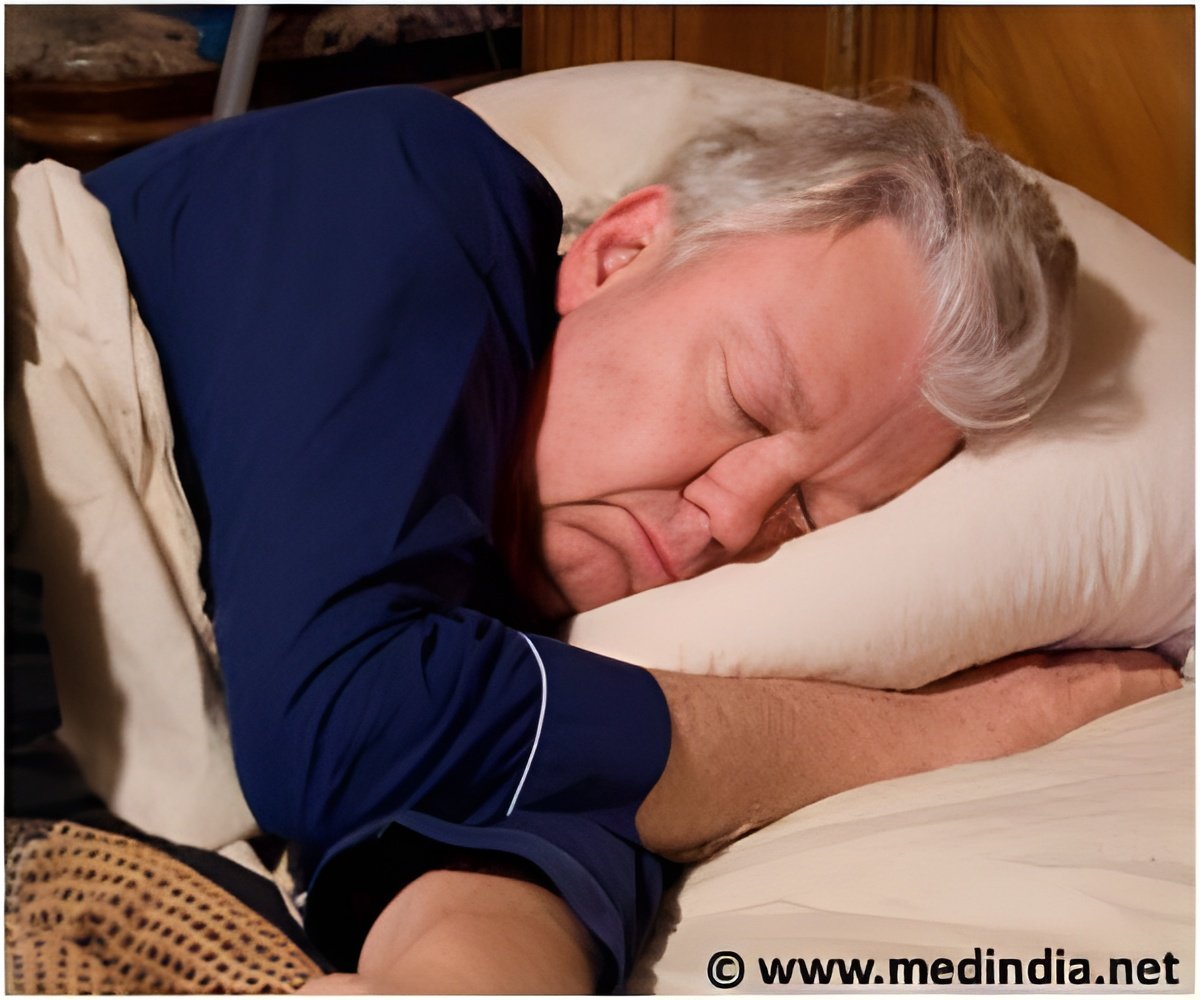
For example, DBS of the subthalamic nucleus (STN) is effective for alleviating sleep problems and fatigue associated with PD, producing noticeable long-term improvements in sleep efficiency and the quality and duration of continuous sleep. DBS also decreases nighttime and early morning dystonia and improves nighttime mobility. "DBS can contribute to better sleep, less daytime somnolence, improved mobility, and less need for dopamine replacement therapy," says Dr. Klingelhoefer.
The effects of DBS on some other non motor symptoms of PD are less clear cut and transient worsening of neuropsychological and psychiatric symptoms have been reported. For instance, behavioral disorders such as impulsivity (e.g. hypersexuality, pathological gambling, and excessive eating) can occur or worsen in PD patients after STN DBS. While pre-existing drug-induced psychotic symptoms like hallucinations often disappear after STN DBS, transient psychotic symptoms such as delirium may emerge in the immediate post-operative period. Similarly, conflicting reports have found that STN DBS improves, worsens, or does not change mood disorders such as depression, mania, or anxiety.
"Further work is required in order to fully understand the mechanisms and impact of DBS of the STN or other brain structures on the non motor symptoms of PD," concludes Dr. Klingelhoefer. She suggests that in the future, non motor symptoms of PD may become an additional primary indication for DBS.
Source-Eurekalert










